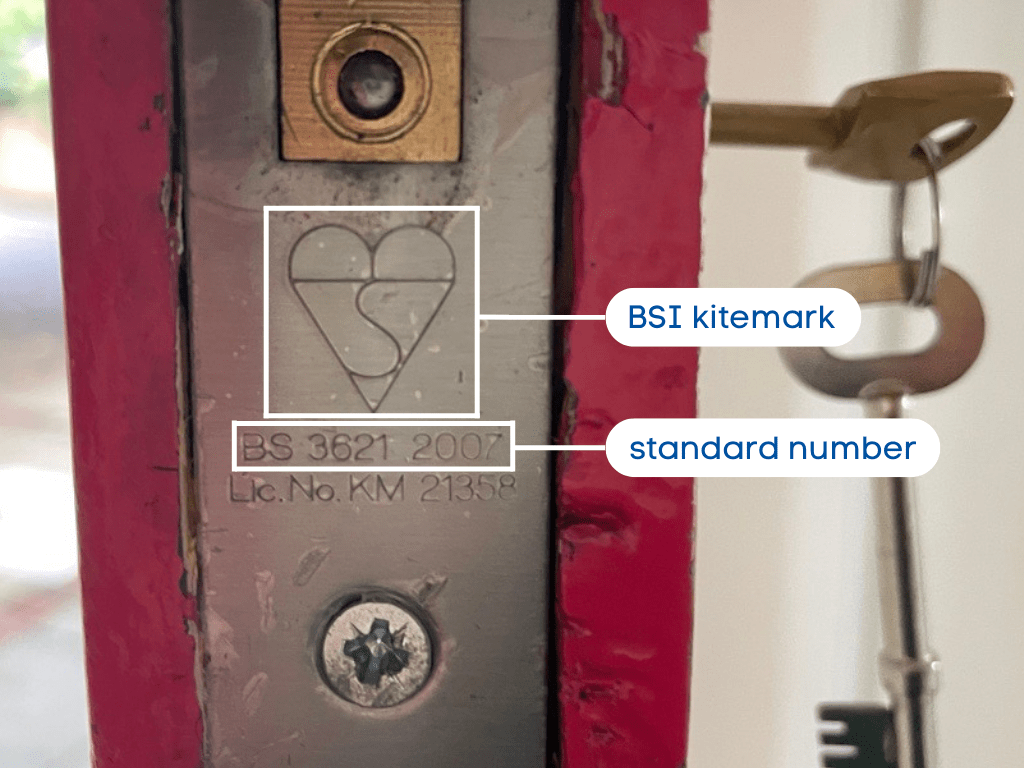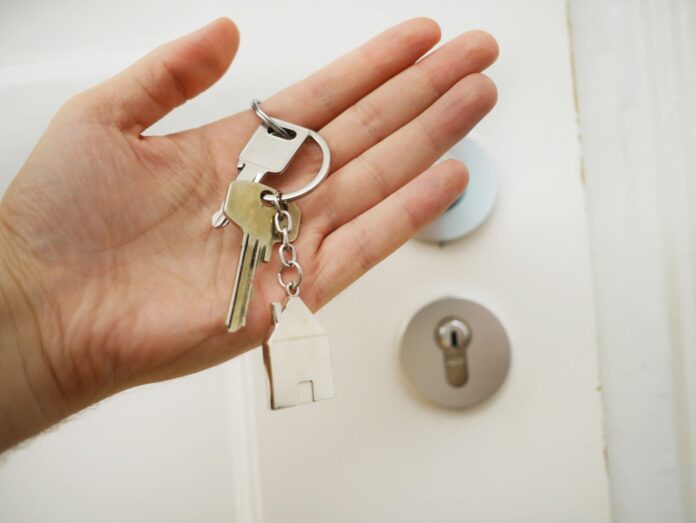Expert warns the wrong type of lock could invalidate your home insurance
When it comes to home security, your front door is the first line of defence. The right type of lock helps keep you, your family and your possessions safe. But did you know that having the wrong sort of lock could not only put your home at risk but also invalidate your home insurance?
At a time when many are worried about finances, the door lock experts at Toolstation have collaborated with Duncan Sutcliffe, Director of Sutcliffe & Co, to ensure homeowners are aware of the different kinds of locks available, and how to make sense of home insurance small print.
Where can I find out what I need?
Duncan advises reading your insurance policy paperwork thoroughly:
“Although it’s not much fun, it’s so important that you read the small print in your insurance policy document, especially if you live in a high-risk area or have a lot of valuables.
“I have seen cases where there’s been a break-in and the insurance company has refused to payout because the front door lock was not deemed adequate. They’re within their rights to do this.”
What sort of lock do I need?
Duncan says most home insurance providers have the following requirements:
“Generally, the front door or main exit door will be required to have a BS3621 mortice deadlock with five or more levers.”
What is BS3621?
BS3621 is a British lock standard that means locks have been tested against common burglary techniques like drilling and picking.
What makes BS3621 doors different?
BS3621 locks have five key features:
- At least 5 levers or pin tumblers
- The lock is covered by a hardened metal plate to protect it from drilling
- The bolt protrudes at least 20mm from the faceplate when locked
- The key can only be removed when the bolt is fully activated
- The screws that fix the lock to the door are not accessible when the door is shut
How can I check my lock?
You can check whether your lock is fitted to BS3621 British Standard by looking for the BSI kitemark on the faceplate of the lock. This is the part that sits in the door frame when the door is shut.

As well as the British Standard Kitemark, you should find the standard number engraved on the lock. For example, BS3621:2007.
What are the different types of lock?
There are various types of door lock with unique benefits, from code-operated push button locks and landlord-friendly Euro cylinders, to self-close night latches to easy-to-fit rim locks.
What about other doors and windows?
Duncan says it’s not just front door locks that are important:
“Don’t forget the windows and other doors too. Accessible windows should have key-operated window locks, and patios are usually required to have a three-bolt multipoint locking system or key-operated bolts at the top and bottom.”
What should I do if I’ve got the wrong kind of lock?
If your worried your lock isn’t British Standard approved, the experts at Toolstation suggest seeking advice:
“It’s worth seeing a locksmith or visiting your local hardware shop with photos of all the locks on your doors. Toolstation also have a door lock buying guide with advice on finding the best lock depending on the level of security needed, your door material and your budget.”
If you do have the wrong kind of door lDock, Duncan says not to worry:
“Thankfully, new door locks can be relatively cheap. Five lever mortice deadlocks start from around £12. Plus, you’ll find you can install some kinds of lock yourself.”
Source: https://www.toolstation.com/content/door-lock-buying-guide
Help keep news FREE for our readers
Supporting your local community newspaper/online news outlet is crucial now more than ever. If you believe in independent journalism, then consider making a valuable contribution by making a one-time or monthly donation. We operate in rural areas where providing unbiased news can be challenging. Read More About Supporting The West Wales Chronicle























